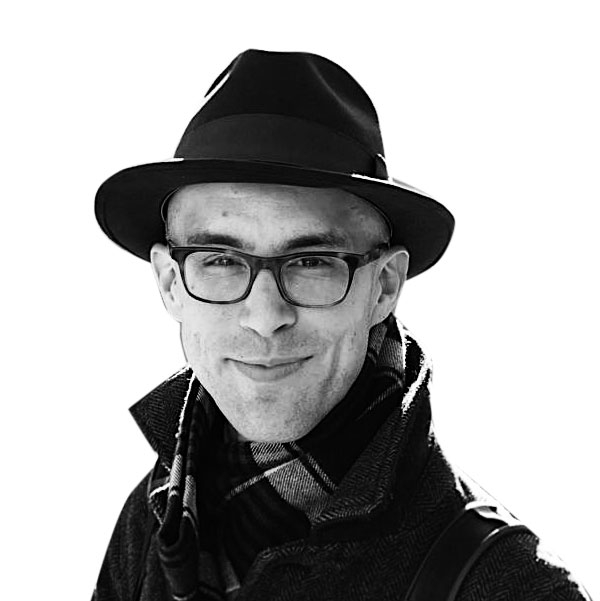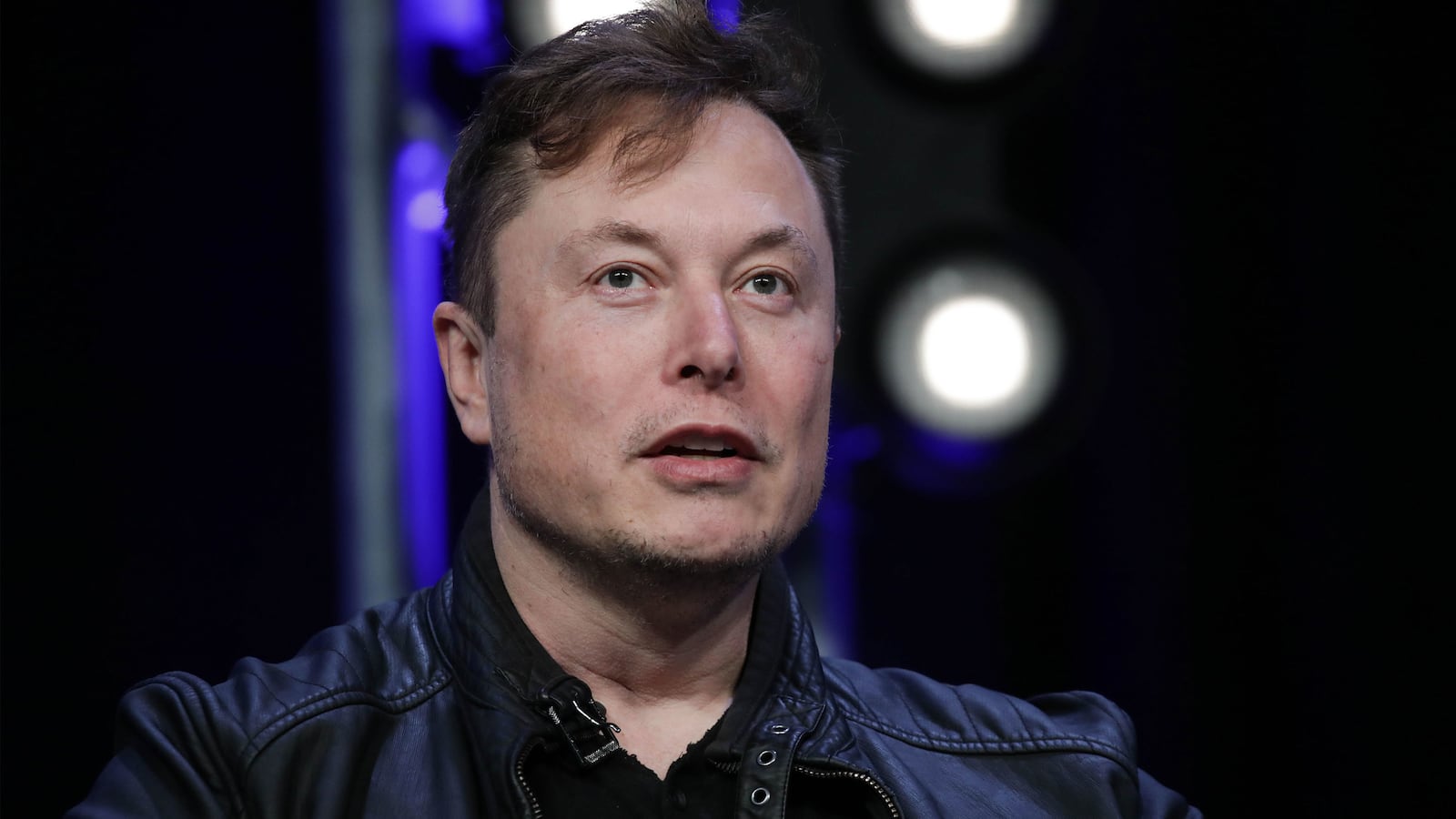The morning after Tesla CEO Elon Musk called stay-at-home orders “fascist” and tweeted “FREE AMERICA NOW” in April, a professor of occupational health at the University of California San Francisco inserted himself into the dispute over reopening the electric car company’s Fremont plant.
Dr. John Balmes sent an email to Dr. Erica Pan, Alameda County’s interim head of public health, that morning introducing her to Tesla’s corporate medical director, Dr. James Craner. The two men work together at UCSF, where Craner is also on the clinical staff.
Balmes stopped short of an endorsement for reopening the plant amid the coronavirus pandemic. But he heaped praise on Craner’s work at the company, which experts said raised the question of whether Balmes was advocating for it.
“Since becoming the Medical Director at Tesla, Jim has brought a new level of professionalism to occupational health at the company,” Balmes wrote. “He would very much like to start a dialogue with you about plans to reopen Tesla in a worker health‐protective manner.”
“I urge you to open a conversation with Dr. Craner to better understand how Tesla plans to move forward about restarting their operations in Fremont,” Balmes added.
The email is one of several obtained by The Daily Beast that show the back-and-forth between county officials and Tesla over reopening the plant this spring. They pull back the curtain on how officials worked with Tesla to revise its written coronavirus prevention plan even as Musk lit into Pan online and the company filed a lawsuit against the county.
They also show how Balmes, who has been widely quoted in news stories about coronavirus, lent his credibility to a Tesla executive as the company worked to reopen its plant despite warnings about the potential for infection there.
In an email, Balmes disputed the idea that he had done anything resembling lobbying.
“I explicitly told Dr. Craner I wouldn’t lobby for reopening Tesla’s Fremont plant because I wasn’t sure that reopening Tesla was the right thing to do,” Balmes told The Daily Beast. “I only agreed to try to get Dr. Pan to engage in communication with him about Tesla’s plans.”
“I thought then, and still think now, that communication between the largest manufacturing facility in Alameda Co. and the County Department of Public Health is both good and necessary.”
Craner and Tesla did not respond to requests for comment.
There’s one thing the emails don’t show: What Tesla is doing to protect workers at its Fremont facilities. County officials redacted any relevant information, citing trade secrets. They also declined to release the company’s written coronavirus prevention plan. Meanwhile, Tesla workers tested positive for COVID-19, the disease caused by coronavirus, after Musk violated the county lockdown order to reopen the plant in May, The Washington Post reported this week.
“We came to agreement on safety practices including protocols for transport, which we are satisfied will protect against the spread of infection during transport,” the county said in a statement on May 13. “We cannot speak to details due to the proprietary nature of Tesla’s plan.”
The company posted a detailed, 37-page “Return to Work Playbook” online, but it is not specific to the Fremont plant and is separate from the plan submitted to county officials.
As for Balmes’ outreach, experts who spoke with The Daily Beast said the intervention walked an ethical line.
Dr. Matthew Wynia, director of the Center for Bioethics and Humanities at the University of Colorado Anschutz, said his eyebrows didn’t shoot up when he read the email—but “they arched a little.”
“I think it's incredibly common for people to send letters of introduction,” Wynia said. At the same time, “He's skirting the issue of, ‘I'm not going to lobby for you by doing no lobbying for the plan, per se, but lobbying for the intent of the person who presumably put the plan together.’”
“This is in the realm of judgement calls,” Wynia added.
Dr. Zackary Dov Berger, an associate editor at the Johns Hopkins Physician Education and Assessment Center, took a harder line.
“Bringing down the hammer of your clinical titles and expertise is a question about the uses of one's professionalism,” Berger said. “This is more than just networking. This is making an implicit claim that Tesla is ready to reopen, and I can't imagine that anyone reading that email would think otherwise.”
Balmes disputed both of those characterizations.
“I ‘threw down the hammer’ of my clinical titles to try to get Dr. Pan’s attention—because I don’t know her—so that she would respond to Dr. Craner by email,” Balmes said in an email. “I strongly insist that I was NOT lobbying Dr. Pan re: Tesla’s plan to reopen because in my own mind, I didn’t think it was a good idea.”
His role, Balmes insisted, was limited to making an introduction that he thought would open up an important line of communication: “Elon Musk wanted to reopen Tesla and Dr. Craner wanted to talk through with Dr. Pan what he was planning in terms of worker protection. I agreed to cyberintroduce Dr. Craner to Dr. Pan.”
Balmes did not know Pan or other Alameda County public health officials before he reached out to introduce Craner, he told The Daily Beast. And, he added, he hadn’t seen any details of Tesla’s coronavirus prevention plans.
“Dr. Craner was frustrated that he had not been able to get through to Dr. Pan after several tries,” Balmers said in an email. “He thought she might respond to me because ... I am a professor at both UCSF and the UC Berkeley School of Public Health.”
His overture didn’t get a response from Pan, Balmes said: “Understandably, she was too busy to respond to my email.”
Balmes said he drafted the email himself and wasn’t reimbursed. The Center for Occupational and Environmental Health, which he heads, has been in talks about sending University of California trainees “to collaborate with Tesla to improve workplace health and safety,” he added.
“In UCSF’s view, Dr. Balmes’ email did not constitute lobbying,” a university spokesperson said in a statement. The University of California Berkeley did not immediately comment.
Before Craner joined Tesla in April 2019, the company faced a series of reports in Reveal and The Guardian about unsafe working conditions at its factories, including allegations that it tried to keep injured employees off of workers’ comp.
At the time, Tesla said the Reveal story was “an ideologically motivated attack by an extremist organization working directly with union supporters to create a calculated disinformation campaign against Tesla.”
“Our goal is to be the safest factory on Earth,” the company told Reveal.
It has also faced a series of high-profile confrontations over Musks’ twitter feed, with allegations running the gamut from union busting to SEC violations.
As for Balmes, Neetu Balram, a spokesperson for the Alameda County Public Health Department, disputed parts of his timeline.
“[T]o our knowledge Dr. Craner never sent an email to Dr. Pan directly,” Balram said in a statement. “As you can imagine, Dr. Pan is very busy [and] receives many emails from many people so she did not respond to Dr. Balmes’ email. Dr. Pan was not directly in touch with Tesla officials at that time.”
Musk escalated his public feud with Alameda county officials on May 9, lighting into Pan on Twitter, threatening to move his California operations out of state, and suing the county over the timeline for reopening the Fremont plant.
“Tesla is filing a lawsuit against Alameda County immediately,” Musk wrote. “The unelected & ignorant ‘Interim Health Officer’ of Alameda is acting contrary to the Governor, the President, our Constitutional freedoms & just plain common sense!”
Tempers ran much cooler two days later, on May 11, as Craner and two other Tesla officials set up a phone call with Pan and her team.
“Looking forward to talking with you tomorrow,” Laurie Shelby, Tesla’s vice president of environment, health, and safety, wrote Pan at the end of the thread.
By the next day, the group was exchanging detailed edits to Tesla’s prevention plan.
“If Tesla’s Prevention and Control Final Plan includes these updates, and the public health indicators remain stable or improve, we have agreed that Tesla can begin to augment their Minimum Business Operations this week in preparation for possible reopening as soon as 5/18th,” Pan wrote Shelby and the others on May 12.
Not that it mattered: Musk had already taken to Twitter to announce that he was reopening the plant.
“If anyone is arrested,” he wrote, “I ask that it only be me.”
The county responded with a stinging press release that threatened “further enforcement measures” if Tesla did not comply.
But again, while Musk blustered, other Tesla executives negotiated with Pan. In a May 12 follow-up email to a phone call, Shelby—who did not immediately respond to a request for comment—tried to reassure Pan.
“We are aligned on the agreement to allow production ramp up this week and we will adhere to our updated COVID‐19 prevention and control plan,” Shelby wrote. “Please proceed with a county announcement reflecting our agreement. We look forward to being fully and safely operational next week.”







